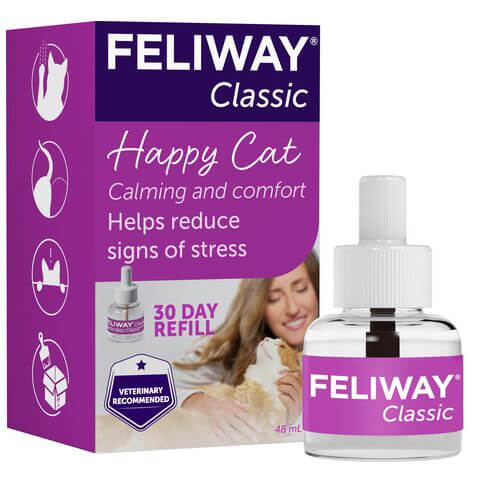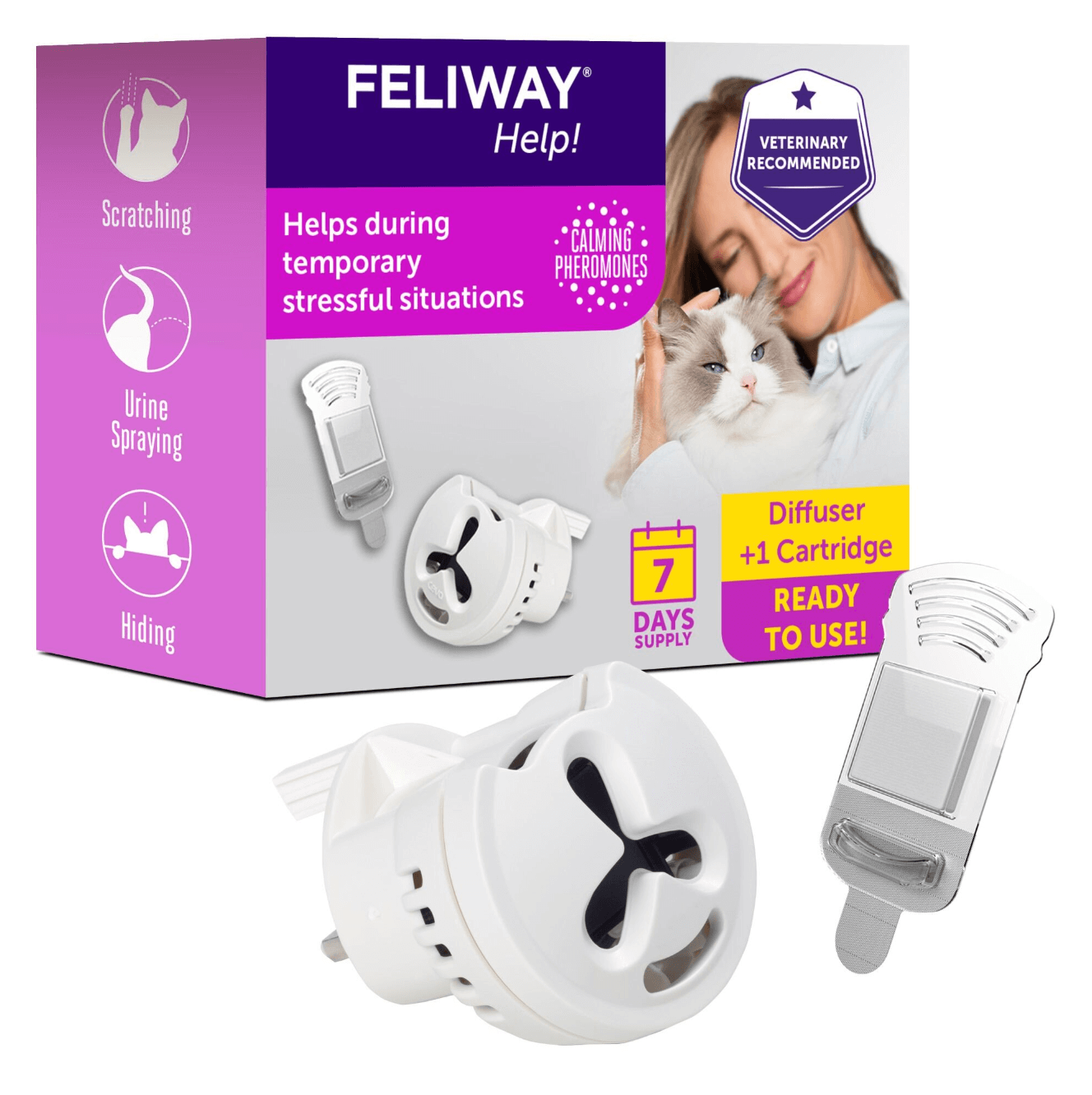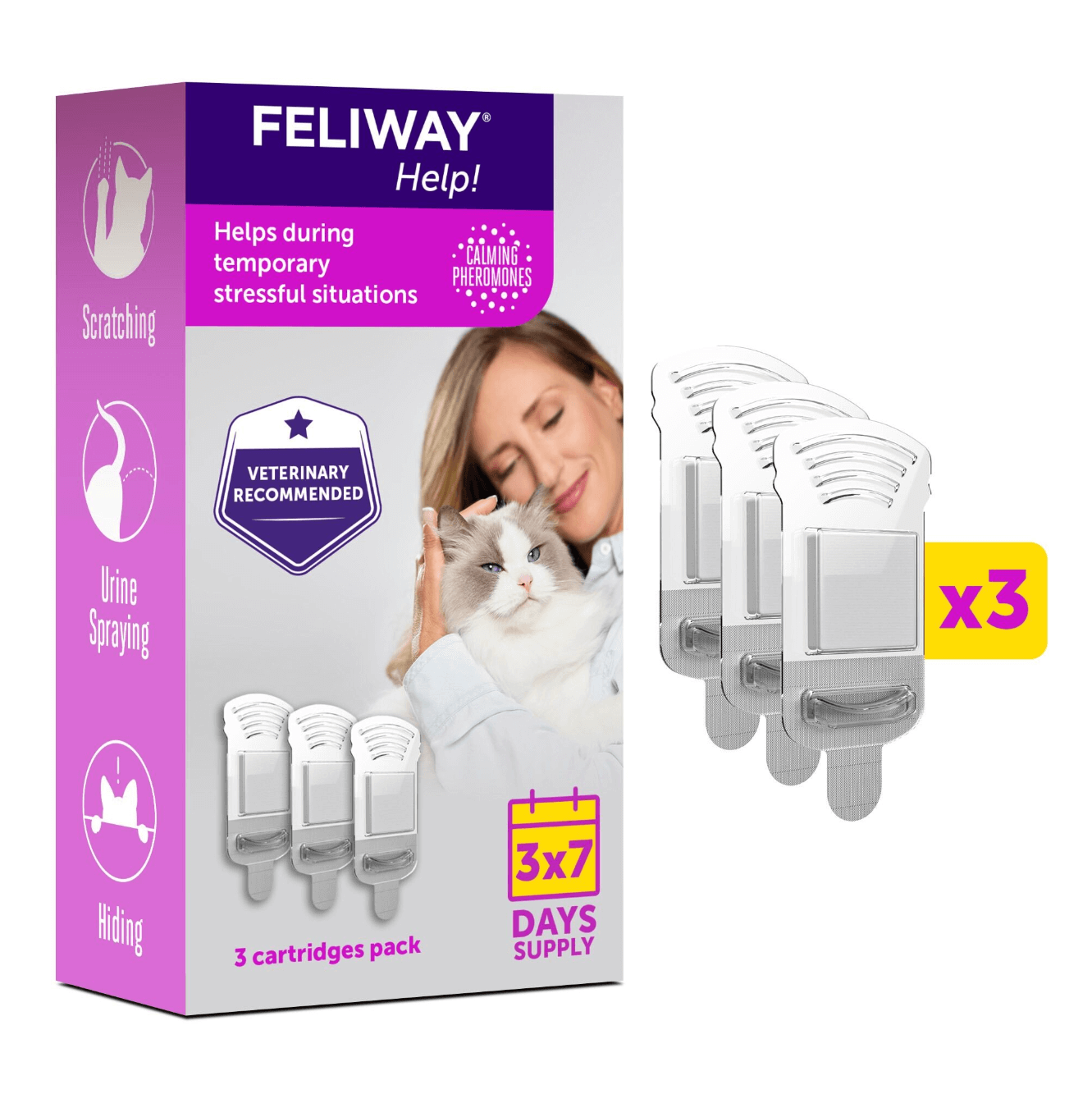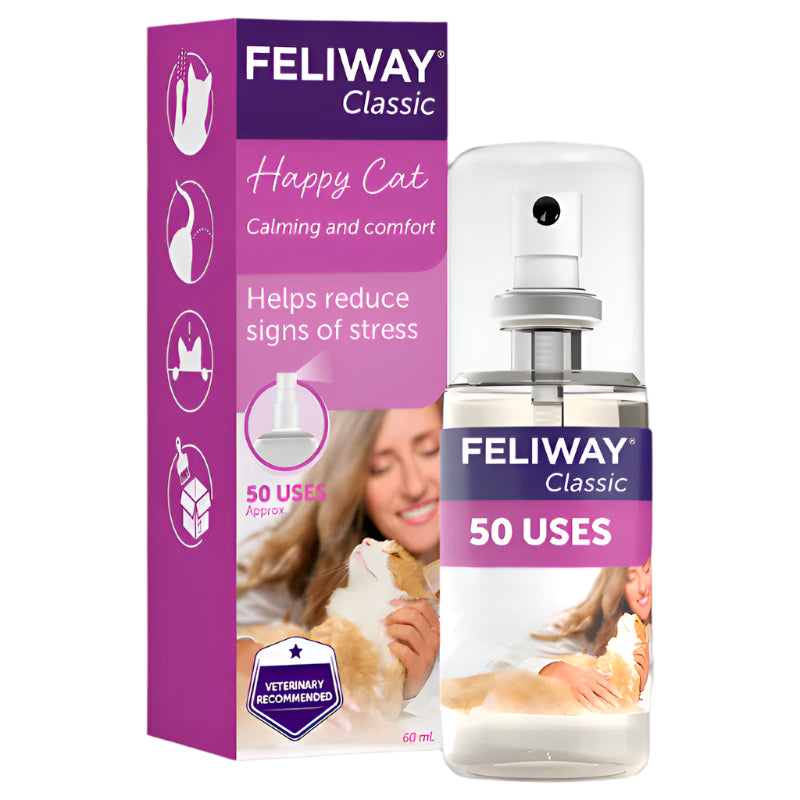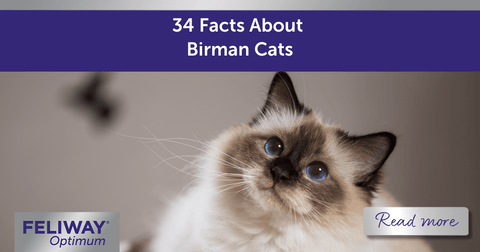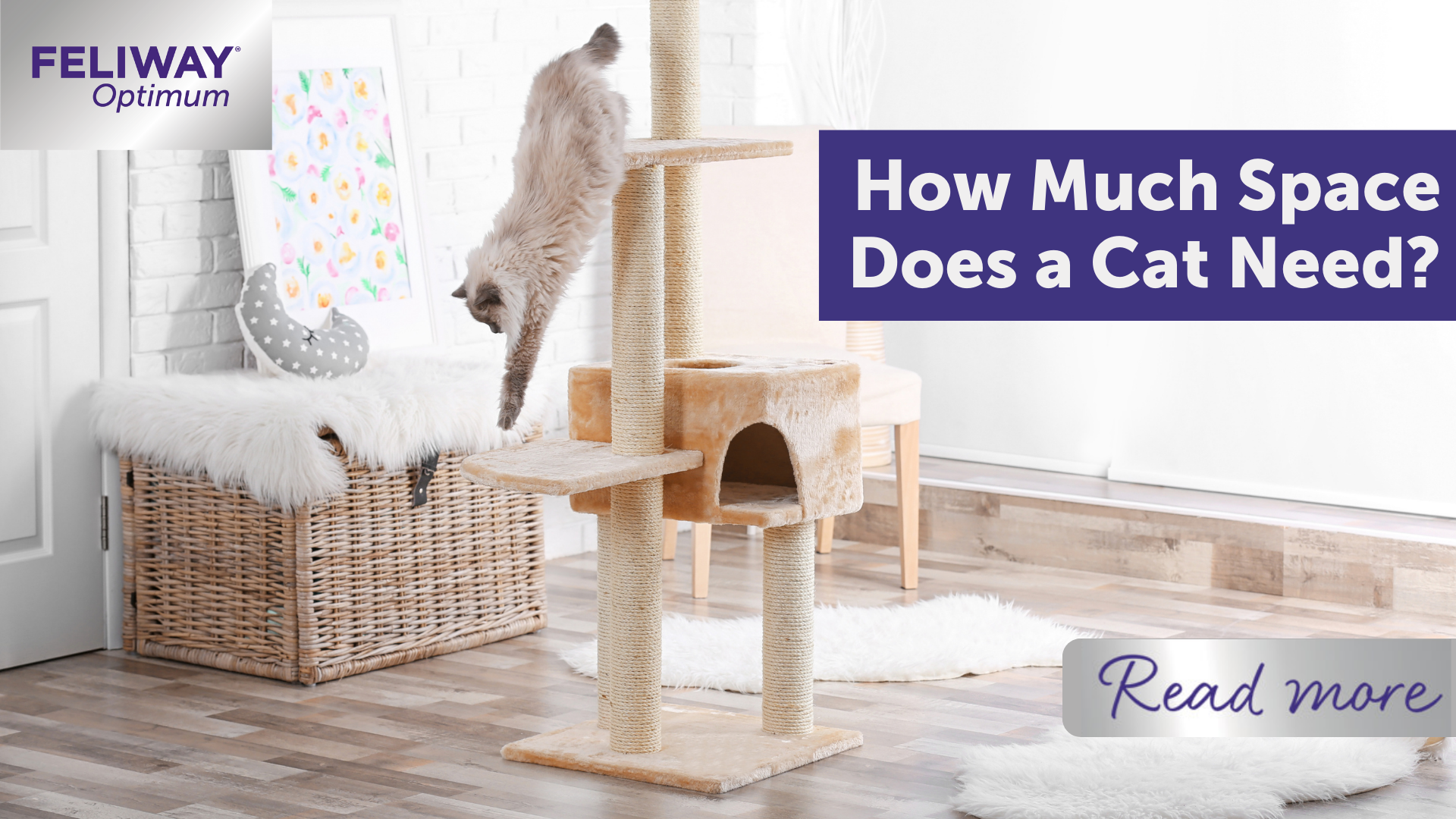
How Much Space Does a Cat Need?
Theoretically, you'd think you need less space for a cat than a dog, wouldn't you? After all, cats are generally smaller than dogs (with the exception of the very small dog breeds). But is this really the case? Do cats need less space than a dog? How much room does your kitty really need? We take a look at what's needed to meet your kitty's high standards!
How Much Space Does a Cat Need?
To a certain extent, it's the type of space - rather than the amount of space - that is important for a cat. You should take into consideration the age of your cat too - young cats are agile and can leap and jump incredible distances, but if your cat is older and maybe has a touch of arthritis, you may have to provide extra levels or ramps to make their favourite perches more accessible.
There is no specific formula that can be used to calculate the exact amount of space a cat needs, and differing cats will have different needs. But it is generally thought that a cat requires an absolute minimum of 18 sq. feet of total living space. However it is important to consider that cats have a huge need for vertical climbing and hiding space as well as floor space. So, for example, you could make up for a small floor area if you also have lots of high up kitty view points. Equally, if you have a large room, but it is mainly minimal and open plan with no climbing options - your kitty may not have enough 3D space to move in.
If you have more than one cat, the same amount of space is required for each cat as they like to have their own space and resources - they don't like to share!
Space considerations for an indoor cat
If you are looking to add an indoor cat to add to your family, choose a breed that has friendly traits and is not too aloof. Certain breeds make better indoor cats than others and will thrive on frequent social interaction and be happy to share their space with humans or other pets.
Here are some of the main breeds known to be more suited to life as an indoor cat as they are naturally more friendly and like human companionship:
- Ragdoll: Very sociable cat and wants lots of affection.
- British Shorthair: Very intelligent, they are happy indoors as long as they have lots of playtime.
- Sphynx: Very sociable and love regular playtime. They need a lot of grooming to care for their hairless skin.
- Moggy: These can have varied personalities as they are a mixed breed, and are loyal and happy indoor cats as long as they have lots of attention.
- Persian: Very laid back cat and loves lots of attention. The more you give, the more you will get in return.
- Siamese: A gentle cat, very tolerant of children and happy to explore their indoor surroundings.
If your cat is an indoor cat, you will need to ensure that, in addition to floor space, they have lots of vertical space that they can explore, like shelves, windowsills and perches, as well as a cat tower, all of which will be their home gym and enable them to get their daily exercise - jumping, pouncing and exploring, fulfilling all of their kitty instincts. You will frequently find your cat sitting on a high perch, away from the hustle and bustle of the daily house routine, just observing what is going on around them.
It's best to ensure your kitty has plenty of places to hide around the home - under beds, behind sofas, in an old box with a blanket in - somewhere they can retreat to if they are spooked or just want a little time to themselves.
You'll also need to ensure your home has ample space for their resources; their bed, food and drink bowls, litter tray, scratching post (if you want to preserve your furniture) as well as somewhere to keep their toys and their travel crate in case you need to take them out!
You should ensure that their food bowls are kept well away from their litter tray - cats are clean animals and don't like to eat in their toilet!
Even if you have provided lots of toys for your cat, remember that a regular playtime routine not only helps with exercising your cat, it also helps with their mental agility, keeping them alert and using their natural instincts.
To keep your kitty really engaged, try rotating their toys so there is always something different to play with! Most cats will enjoy food puzzles, chasing a laser light around the room, or a toy mouse on the end of a string.
Space considerations for an outdoor cat
Cats that like to roam outside will also need the same resources as an indoor cat, particularly if they still like their home comforts at night.
The amount of outdoor space required can depend on several factors, like the gender of your cat, their age and their personality. Male cats like to roam further than female cats; younger cats are also adventurous and may wander further from home exploring the big new world, whereas cats that are more timid might like to stay in the garden close to home.
If you are worried that your cat might wander away from your home, you can enrich your garden/outdoor space to encourage them to stay closer to home (or even install cat-resistant fencing) - the trick to keeping a cat happy and close to home is to make sure the space has everything your cat will instinctively want, for example:
- High vantage points so that they can see their territory clearly
- Hiding spots to help them feel safe
- Sunny spots where they can relax and doze
- Shelter so that they can get out of the rain and wind
- A source of drinking water
- Logs or trees that they can scratch on - they tend to like rough bark best!
- Cat friendly plants, like Cat Grass (which helps cats with their digestion), Catmint and Catnip (which will stimulate your cat). Honeysuckle is thought to have a similar effect to catnip, while Valerian is reported to have a calming effect on your cat.
Remember too that being outdoors means that you kitty is more likely to come into contact with other cats, so keep their vaccinations up to date and ensure they get regular flea and worming treatment to keep them healthy. It is also advisable to have them micro-chipped in case they get lost.
Additionally, install a cat flap so that they have safe access to the house when they want to come back inside!
Kitties Love Their Space!
Making sure your cat has access to the space they need is important to help them feel happy, calm and confident at home - cats are independent animals and they like to be able to live on their own terms so a varied environment with everything they need is essential in order to meet their high standards!










